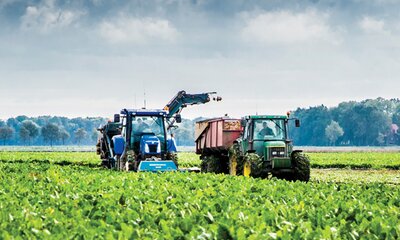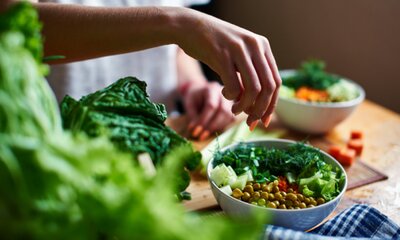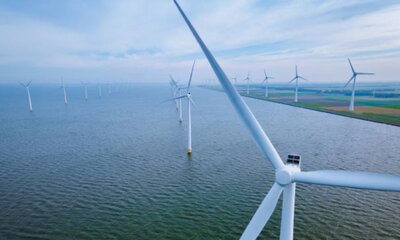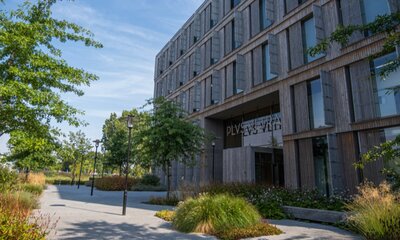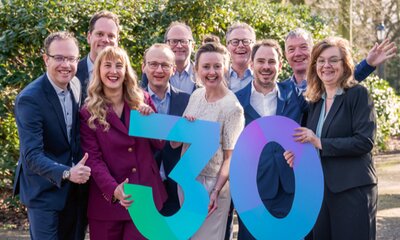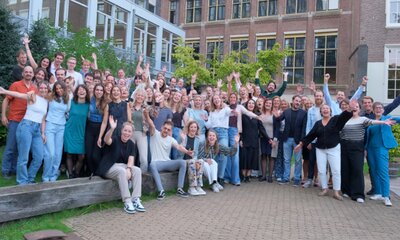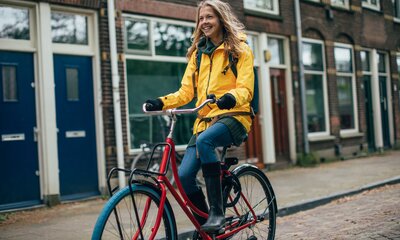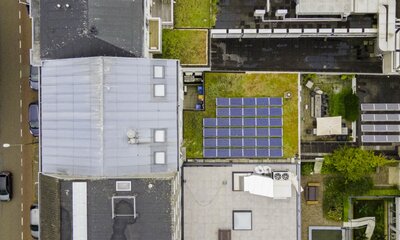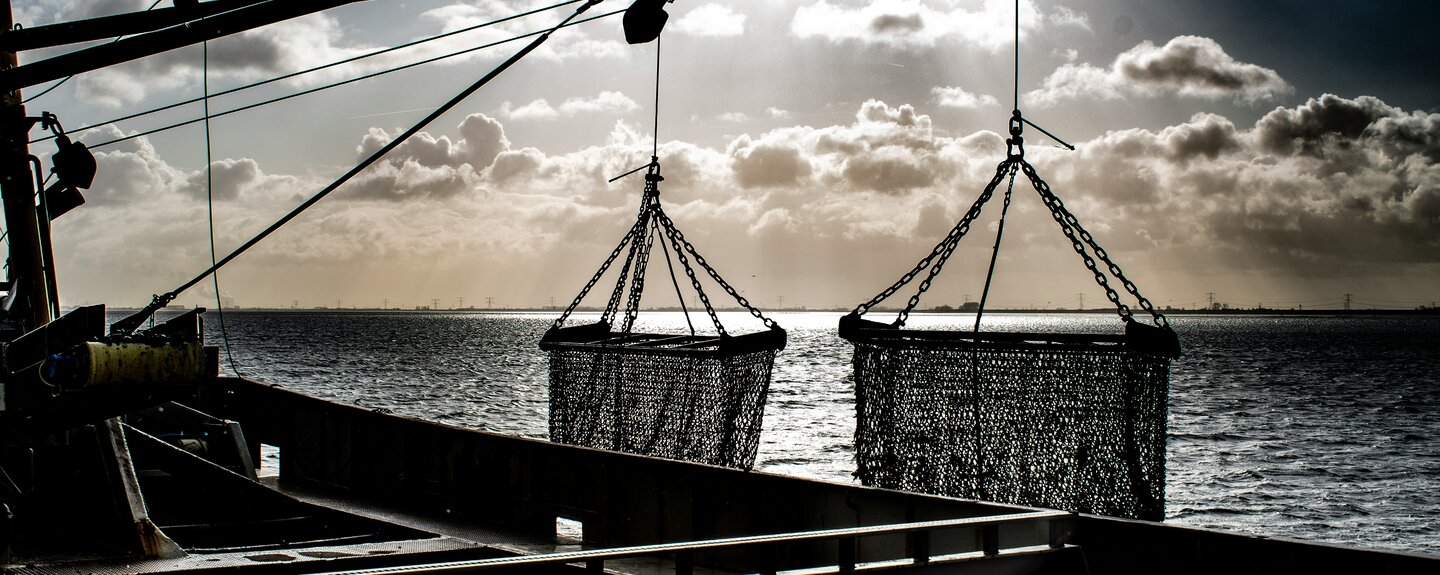Mussels, our sustainable protein from sea
It's a sunny Friday morning in Yerseke as I stroll through the harbor. The air is crisp and mixed with the scent of saltwater. Seagulls perch on the mooring posts, eyeing me closely as I pass by. My promotional work for North Sea fish and Dutch fisheries as ‘De Noordzeevisman' has caught attention in Yerseke, and today, I'm getting a tour through this sector.
On my way to my appointment, I encounter some mussel fishermen and strike up a conversation with them. Despite the many setbacks that the Dutch seafood sector has faced, I'm surprised to find these mussel fishermen are still as proud of their product as ever. And due to the many sustainable qualities of mussels, they are convinced that this food is future-proof. Whether there's a mussel or a heart in those men, I increasingly hear that mussels offer many opportunities.
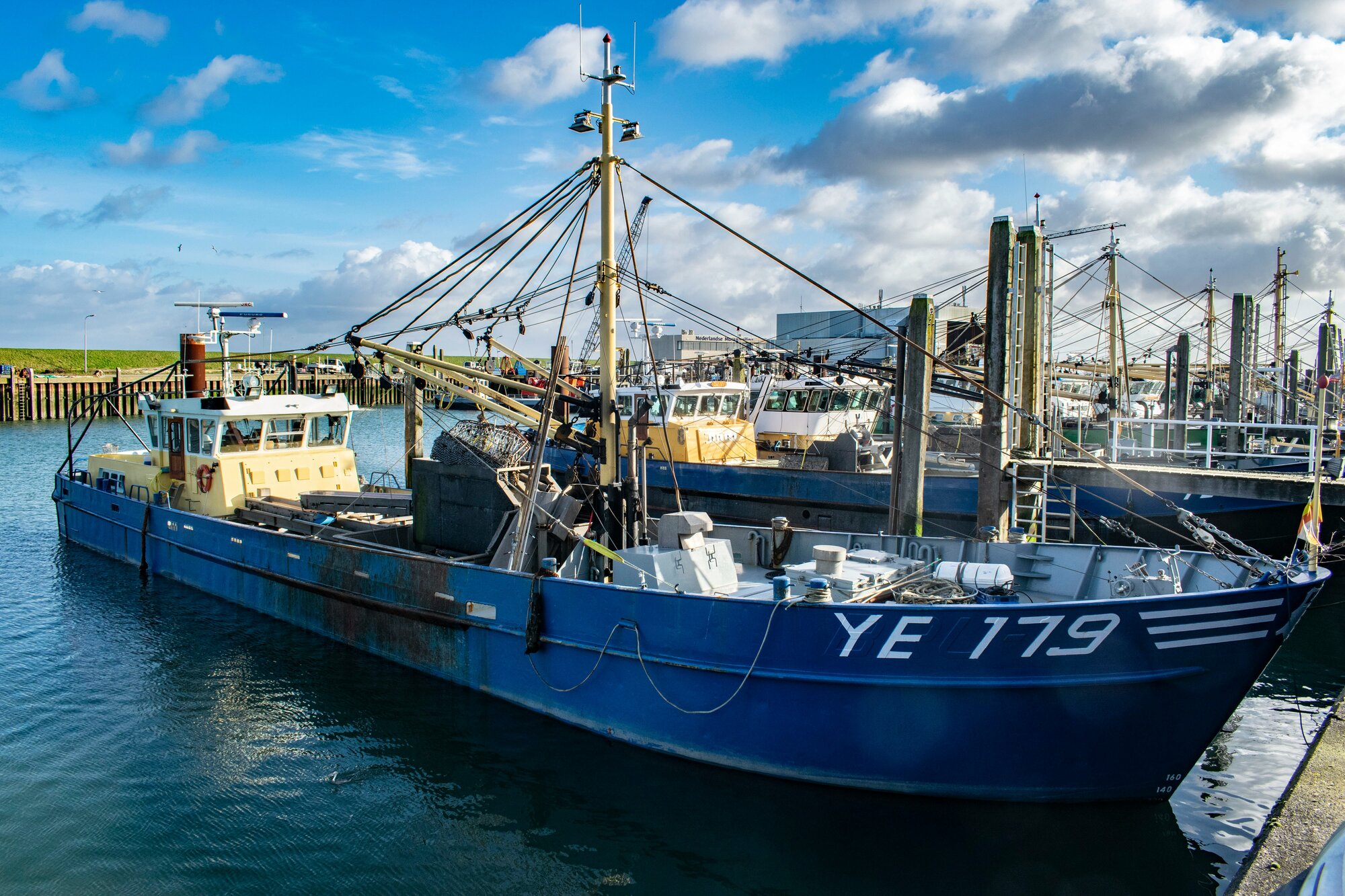
Proteins from the Sea: A Sustainable Alternative
The Ministry of Agriculture, Nature, and Food Quality is also convinced of the numerous benefits that proteins from the sea offer. In its recently published Vision on Food from the Sea and Large Waters, the ministry emphasizes that various types of fish, shellfish, and crustaceans from our own waters provide a healthy and sustainable alternative to the animal proteins produced on land. Thus, marine protein can make a valuable contribution to the protein transition that we are in.
Blue Opportunities for Mussels
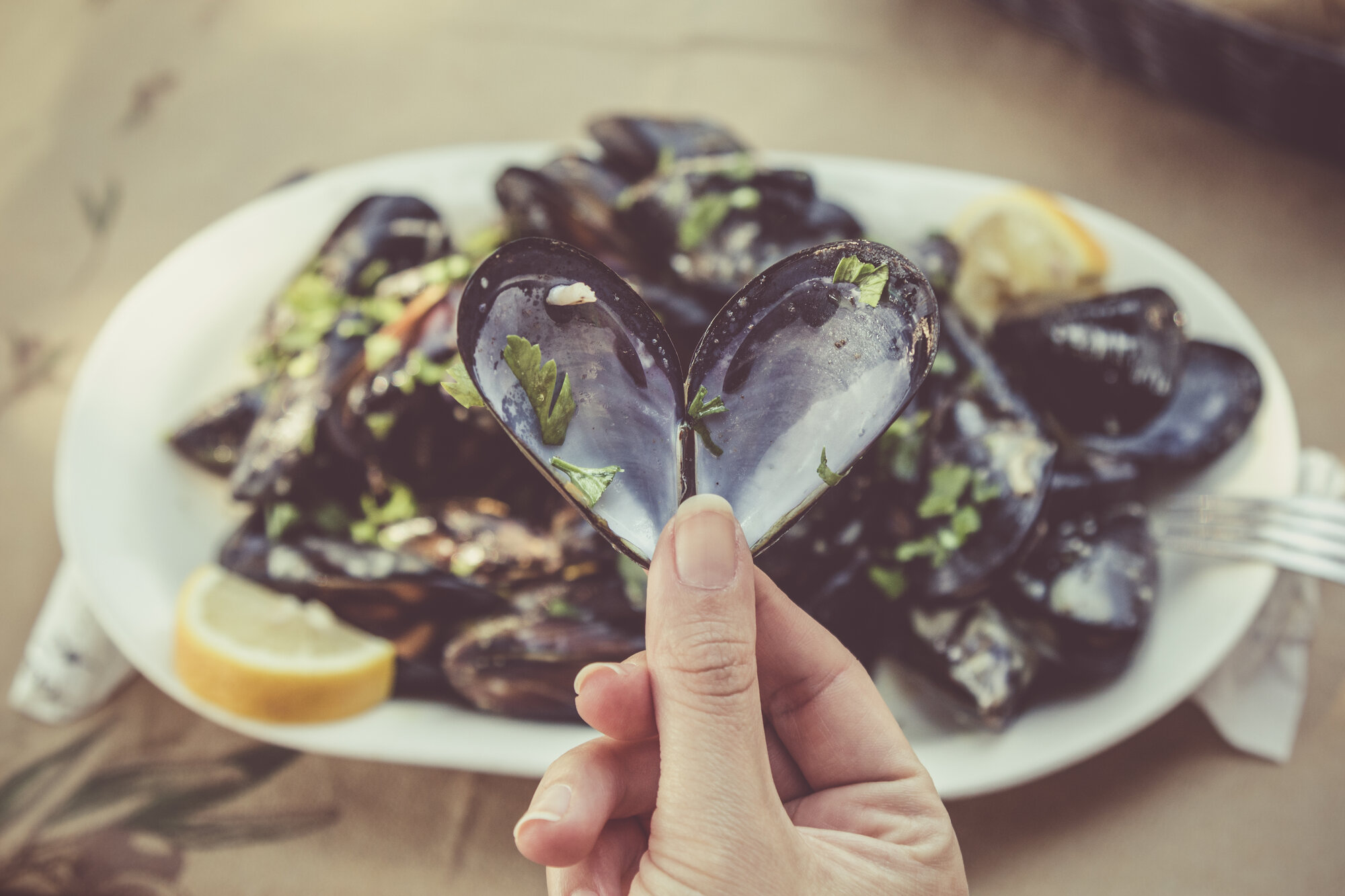
Across the harbor, I see the building of the Mussel Auction, and in front of it, a mussel cutter sails. I pause to watch and suspect that the mussel cutter is heading to its 'wet warehouse' on the Oosterschelde to harvest a fresh batch of mussels.
Dutch mussels are currently cultivated in the western Wadden Sea and the Oosterschelde. These areas are in open connection with the North Sea. Currently, mussel farming is not economically profitable on the North Sea. However, the interest in cultivating mussels on the North Sea is growing. Cultivating shellfish and seaweed offers economic opportunities for producing food with a very small environmental and ecological footprint. In collaboration with the sector, the government aims to make this possible.
But space is one of the challenges. Wind farms initially seem promising for mussel farming, but they are often too far from the coast for sufficient nutrient supply. Conversely, the space in coastal zones is limited by coastal fishing and sand extraction. The entrepreneurial risk for pioneers willing to take action on the challenge is significant. Together with them, the government aims to explore how this risk can be reduced to enable economic scaling.
Resilience and Determination
As I continue along the Yerseke harbor, it dawns on me that the vision of food from the sea and large waters is not just a long-term strategy; it's also a reflection of the resilience and determination of the people in the sector. The mussel fishermen I encountered shared not only their passion for the trade but also their belief in the future of food from the sea.
Rolling Up Our Sleeves
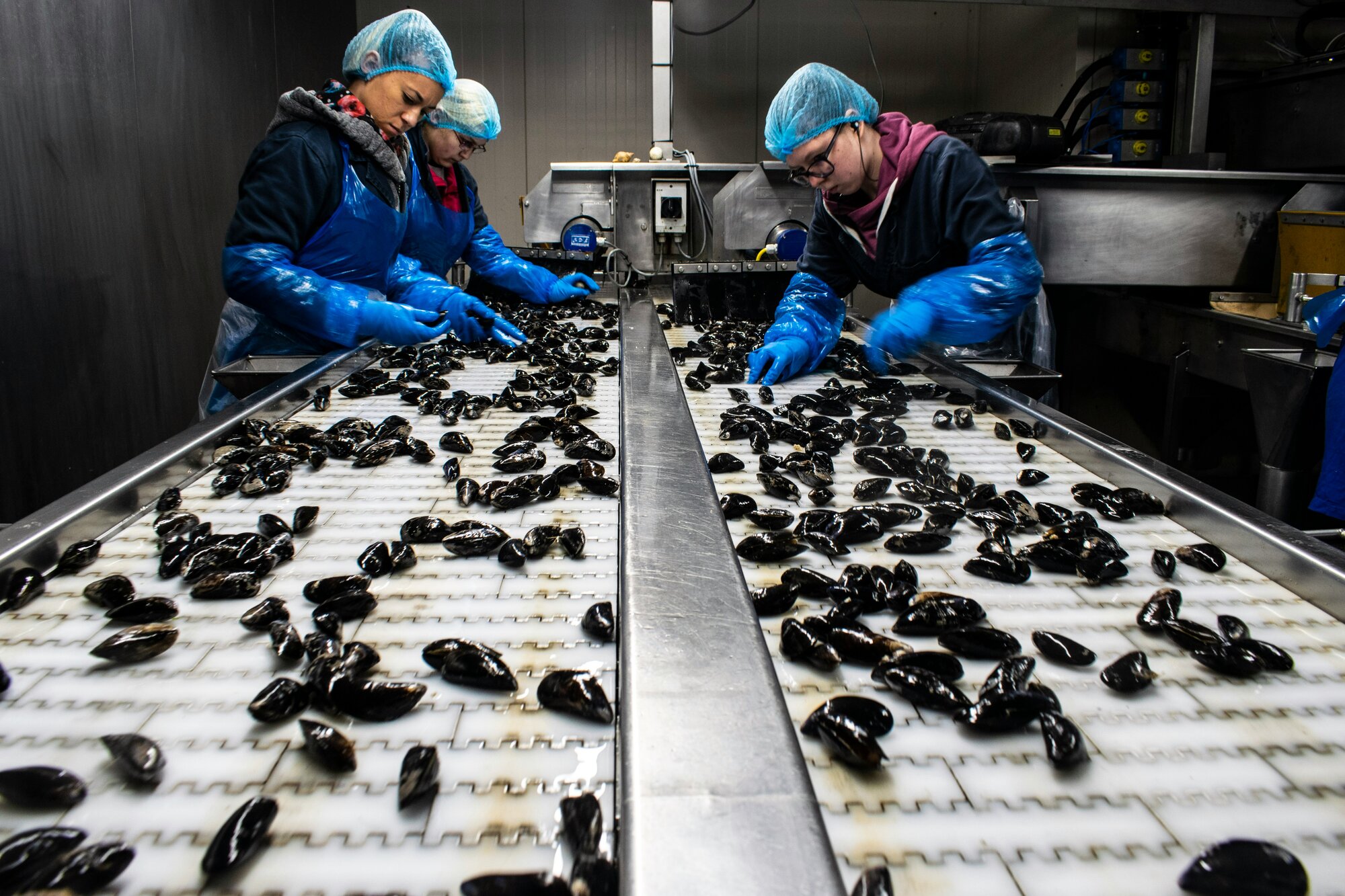
It's evident that the path to a sustainable food supply comes with challenges, but also with opportunities. The rise of aquaculture in the North Sea and the growing interest in cultivating shellfish and seaweed attest to a sector ready to roll up its sleeves and contribute to a healthier, more sustainable future.
